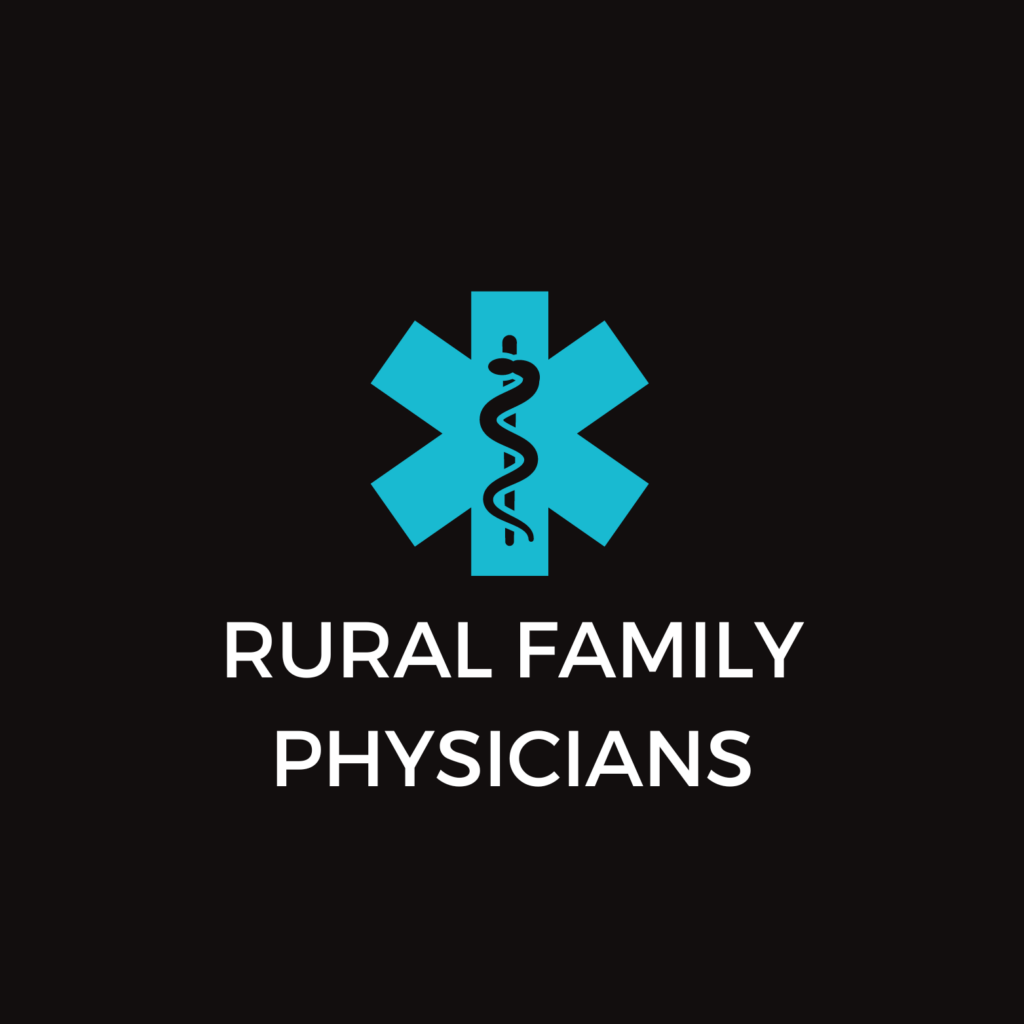The 340B drug pricing program lets thousands of hospitals, community health centers and family planning clinics buy outpatient prescription medications from manufacturers at an estimated 25 to 50 percent discount. Participants can then charge higher rates to insured patients and keep the additional revenue.
Growth in the program is raising alarms among drug makers and some members of Congress who say that some facilities should not be eligible and that the money they receive from the discounts is not always being plowed back into patient care. The Health Resources and Services Administration (HRSA) runs they program, and Administration officials have promised to propose clearer rules for the program. Proposed regulations had been expected as early as this month, but a recent federal district court ruling has put into question whether HRSA has that authority.
Despite the ruling, HRSA says they plan to move forward with the proposed regulation, and it has been expected to touch on several areas, including eligibility and contracting.
- Eligible patients: Patients who have a “relationship” with a 340B hospital or clinic are eligible to receive the discounted 340b drugs. But exactly what constitutes such a relationship isn’t clearly defined. “There’s always been a discussion about who truly is a patient of a covered entity and who truly can receive a 340B drug,” said David Ivill, a 340B expert with the law firm McDermott Will & Emery.
- Eligible facilities: Currently if a clinic is included in an eligible hospital’s Medicare cost report it can qualify for 340B drug pricing. Analysts expect a new regulation would provide more clarity on which facilities qualify and which ones don’t. While one part of a qualifying 340B hospital might serve large number of poorer patients, an affiliated clinic could see mostly insured patients. Under current rules both qualify to receive the discounted drugs.
- Contract pharmacies: Some providers in the 340B program can contract with outside pharmacies, like Walgreens, to give patients the flexibility of filling their prescriptions at locations that may be more convenient than a hospital pharmacy. A report released in February by the HHS Inspector General found inconsistencies in how some contract pharmacies determine who is eligible for the discounts and in how they conduct the oversight activities that HRSA recommends. In a statement, a HRSA spokesman said the agency has followed up individually with pharmacies identified in the report “to determine necessary next steps.”
Read the full article in Kaiser Health News here.



